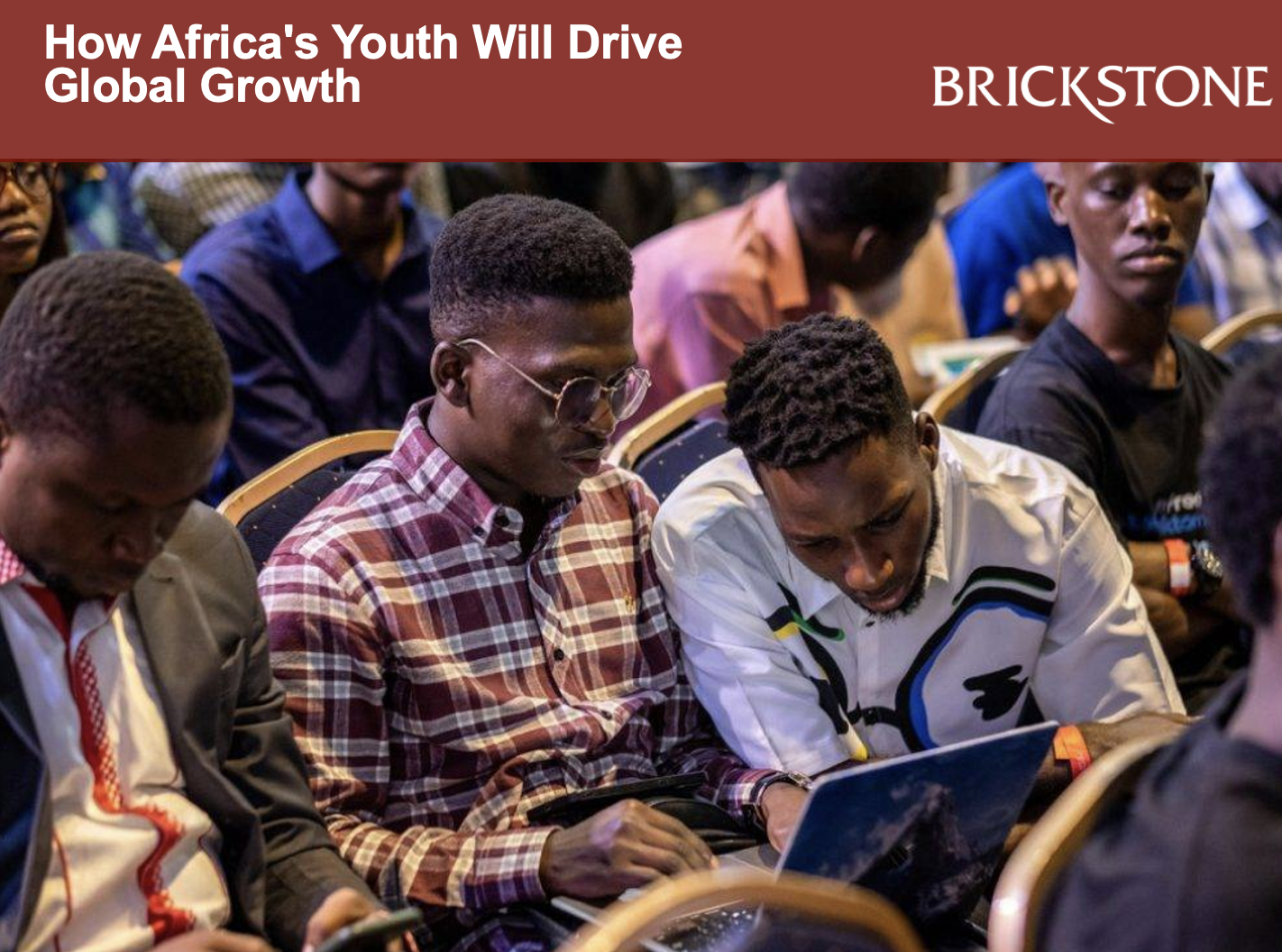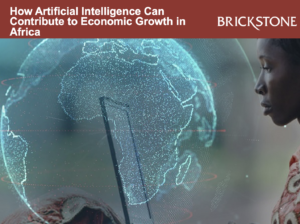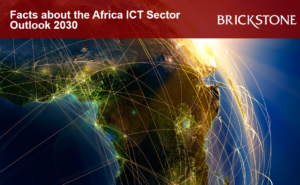How Africa’s Youth Will Drive Global Growth
According to the World Economic Forum, Africa is a continent teeming with youthful energy and untapped potential, boasting the world’s youngest population with more than 60% of the continent’s population under the age of 25. This burgeoning youth population is projected to grow even further, as Africa’s population is expected to reach 2.5 billion by 2050, up from 1.4 billion today. Notably, by 2035, there will be more young Africans entering the workforce each year than in the rest of the world combined.
This article by Brickstone Africa reviews the WeForum’s report on how Africa’s youth will drive global growth.
Africa’s Youth Population in Driving Global Growth
With China, Japan, Korea and many European countries all experiencing a sharp decline in young workers, Africa’s fast-growing youth population has the potential to drive global growth in the same way as China’s young workers once powered the global economy.
By 2035, there will be more young Africans entering the workforce each year than in the rest of the world combined.
To be sure, harnessing this potential will require bold transformative reforms. Under Agenda 2063, the African Union’s ambitious blueprint for transforming Africa into the global powerhouse of the future, article six presents a framework for a youth-led development agenda through targeted investments in education, technology and entrepreneurship.
Education to Stimulate Transformation
Investing in quality education is essential to unlocking the full potential of Africa’s youth but there are significant challenges in the education sector. Despite the vast potential of Africa’s youth, there are significant challenges in the education sector.
With the right investment in education, technology and entrepreneurship, the potential of Africa’s youth to drive sustainable development and transformative change is boundless.
In sub-Saharan Africa, a staggering 30 million primary school-aged children are currently out of school, depriving them of vital learning opportunities and highlighting a stark disparity in educational opportunities.
However, there are promising efforts underway to address these issues. The African Union has led the process aimed at providing recommendations to African policy-makers for a more equitable education system that meets the demands of the 21st century. An ad hoc task force has brought about the creation of the African Union Declaration on Transforming Education, which suggests solutions to address these challenges such as increased investment in education, teacher training and technology integration, alongside strong political leadership.
Digital transformation has the potential to reverse the trend of jobless growth in Africa and alter the structure of African economies.
Moreover, the Continental Education Strategy for Africa 2016-2025 seeks to reorient education and training systems, with the objective of instilling the knowledge, competencies, skills, innovation and creativity required to nurture African core values and promote sustainable development. Beyond traditional education, governments and companies must increase investments in education and reskilling to make sure people are empowered with the skills they need to thrive in the new economy and society.
Accordingly, the World Economic Forum has launched skills accelerators in collaboration with the governments of Nigeria and South Africa that aim to facilitate life-long learning and upskilling, enable redeployment and reemployment, mobilize funding for skills development and build information systems for current and future skills needs.
Technology and Innovation
Digital transformation in Africa holds enormous promise when it comes to addressing the youth employment challenge. In the digital age, technology has the power to revolutionize Africa’s socio-economic landscape.
Access to information and communication technologies can bridge the digital divide, providing young Africans with opportunities to acquire knowledge, develop innovative ideas and connect with the global community.
However, according to UNICEF around 3 in 4 youth lack the relevant skills to fully participate in Africa’s increasingly digitized economies.
Collaborative efforts are needed to equip African youth with the relevant digital skills while enabling access to technology. To this end, the World Economic Forum has launched the EDISON Alliance, a first-of-its-kind platform, with a goal of improving 1 billion lives through affordable and accessible digital solutions across health, finance and education by 2025. In partnership with the US government, the EDISON Alliance is committed to expand its Lighthouse Network, which aims to close the digital divide, particularly for women, by bringing on three new countries in Africa by the end of this year.
Furthermore, the World Economic Forum’s affiliate centres for the Fourth Industrial Revolution in Rwanda and South Africa serve as trusted spaces for public-private cooperation on inclusive technology governance and responsible digital transformation, and technology adoption.
Similarly, the African Union Youth Envoy, in partnership with Google and regional governments, is leading a digital skills campaign – part of the larger African Union’s digital transformation campaign – which will equip 100,000 young people with digital skills by 2024.
Read the complete report here.







